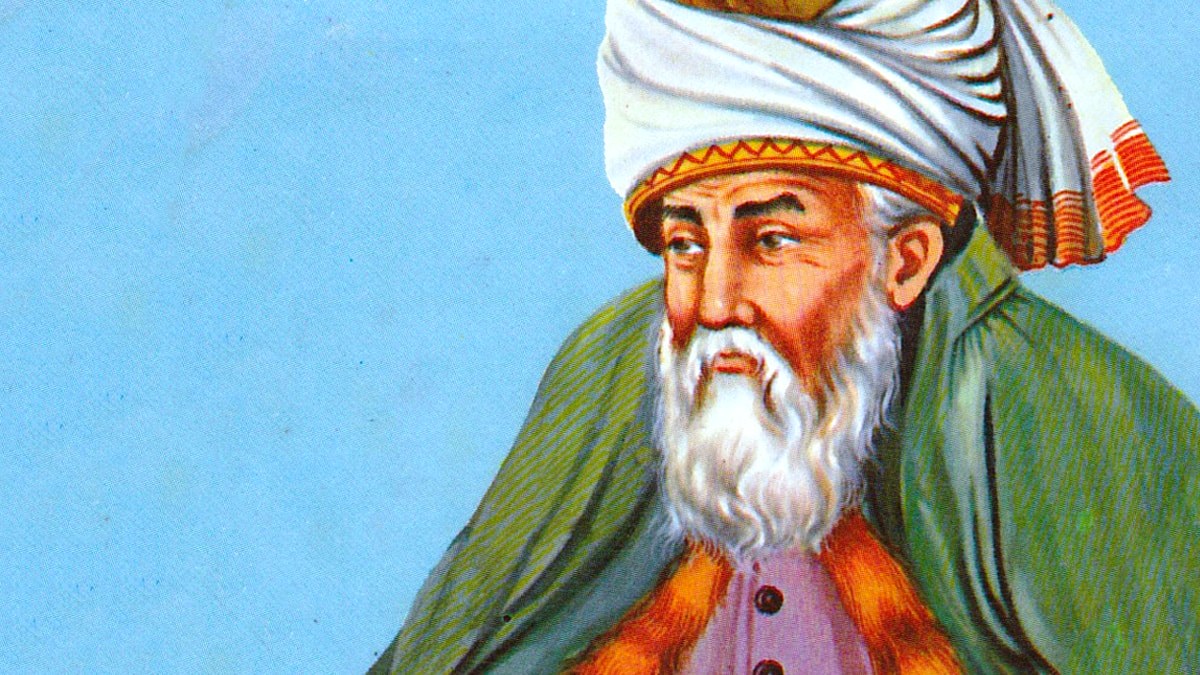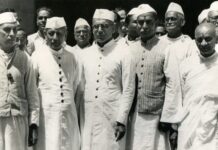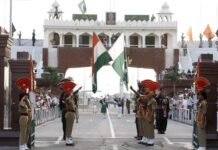Last month, when Justice Uday Umesh Lalit took over as the new Chief Justice of India, Kashmir politician and former Chief Minister, Omar Abdullah regretted that his predecessor, Justice N V Ramana made a promise of constituting a bench that would hear cases related to Article 370. Almost two dozen cases were filed in wake of the August 2019 decision-making and the then Chief Justice Ranjan Gogoi had put these passages on record
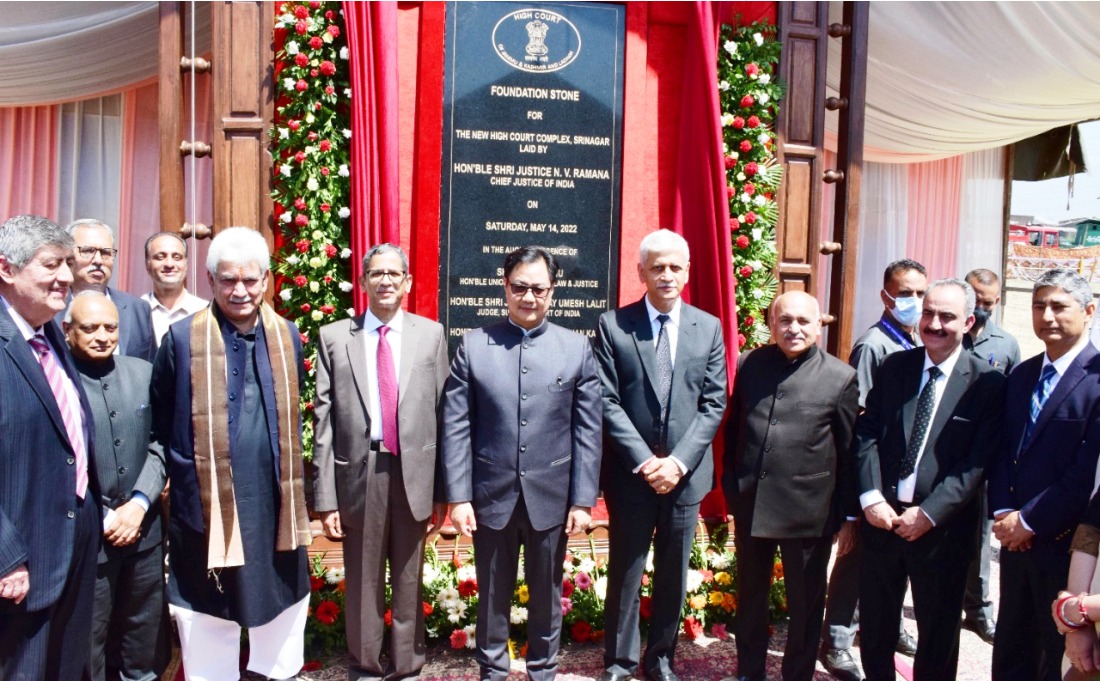
“On 5 August 2019, Article 370 of the Constitution which conferred a special status on the then state of Jammu and Kashmir was revoked. The process leading to the exercise came to be challenged before the Supreme Court in a number of writ petitions. On the very first day of the petition being listed before my Court, the Bench referred the matter to the Constitution Bench as required under Article 145 of the Constitution when constitutional issues of grave importance are raised. As of date, the bunch of writ petitions is still pending consideration by the Court.
A couple of habeas corpus petitions challenging the preventive detention of members of civil society also came to be filed directly under Article 32 before the Supreme Court. Three such petitions were listed in my Court. There may have been other habeas corpus petitions filed around this time, which may have got listed before other Benches. Details of the progress of such cases would, therefore, not be known to me. I can only mention the cases that came up before my Bench.
“In WP (Crl.) No 225/2019 Mohammad Aleem Syed vs Union of India, by order dated 28 August 2019, the Court permitted the petitioner to go to Anantnag in Jammu and Kashmir to meet his parents and after ascertaining their welfare, to report back to the Court. This course of action has been criticized as being curious and unusual. It may appear to be so but was adopted to enable a son (the petitioner) to meet his parents forthwith and satisfy himself about their welfare and apprise the Court accordingly. It was an attempt to cut short lengthy procedures of law. The report came promptly and on 5 September, the Bench presided over by me issued notice. The writ petition in question was closed as infructuous on the statement made by the counsel for the petitioner on 19 November (after my retirement).
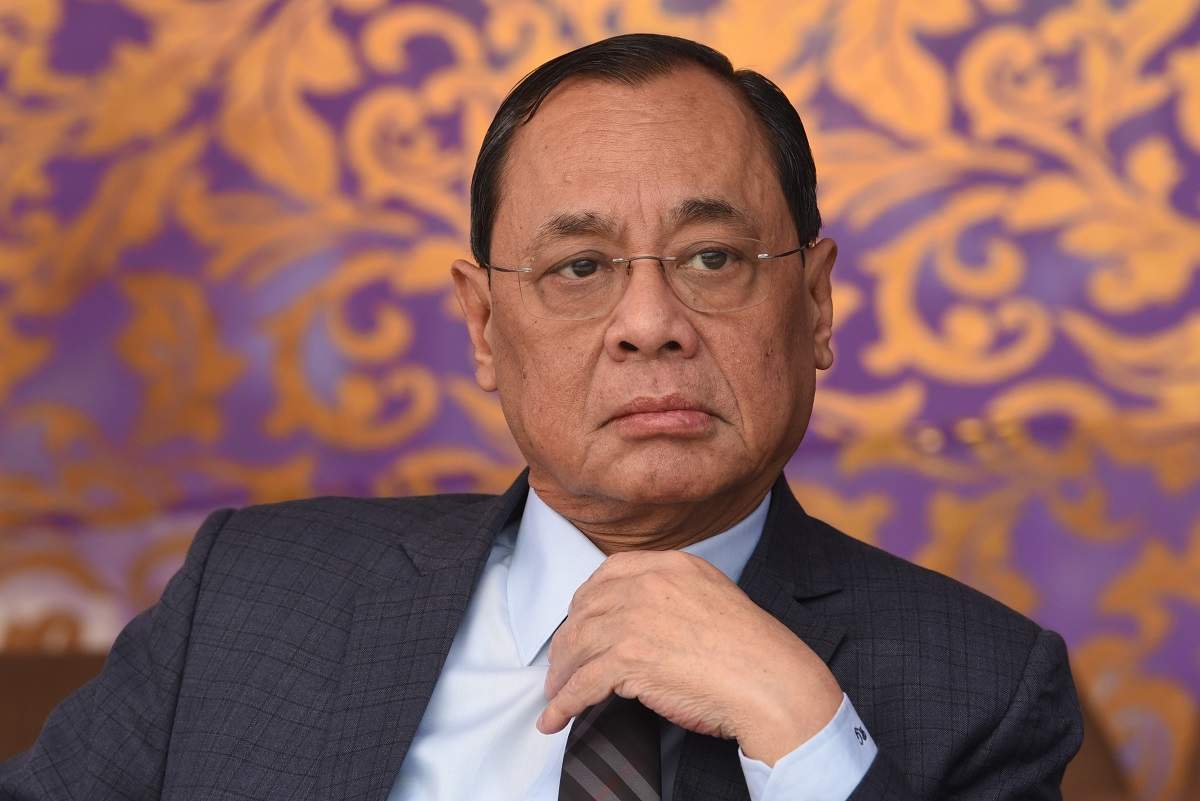
Communist Leader’s Case
In Sitaram Yechury’s case [WP (Crl.) No 229/2019], some elaborate orders were passed by the Court. As the petition was in respect of an aged person, Mohammed Yousuf Tarigami, who, the petitioner, Yechury, himself admitted to be not in good health, the Bench deviated from the practice of production of the detenue that is normally done in habeas corpus matters and instead proceeded to pass orders on 28 August 2019, inter alia, permitting Yechury to go to Jammu and Kashmir to meet the detenue and ascertain the state of his health and the need for specialized medical treatment.
On 5 September, the bench ordered shifting of Tarigami to AIIMS in New Delhi. He was discharged from hospital on 13 September with advice to report back to AIIMS or any other hospital after a month. It was stated before the Court by the government that Tarigami was free to go to Srinagar whenever he desired.
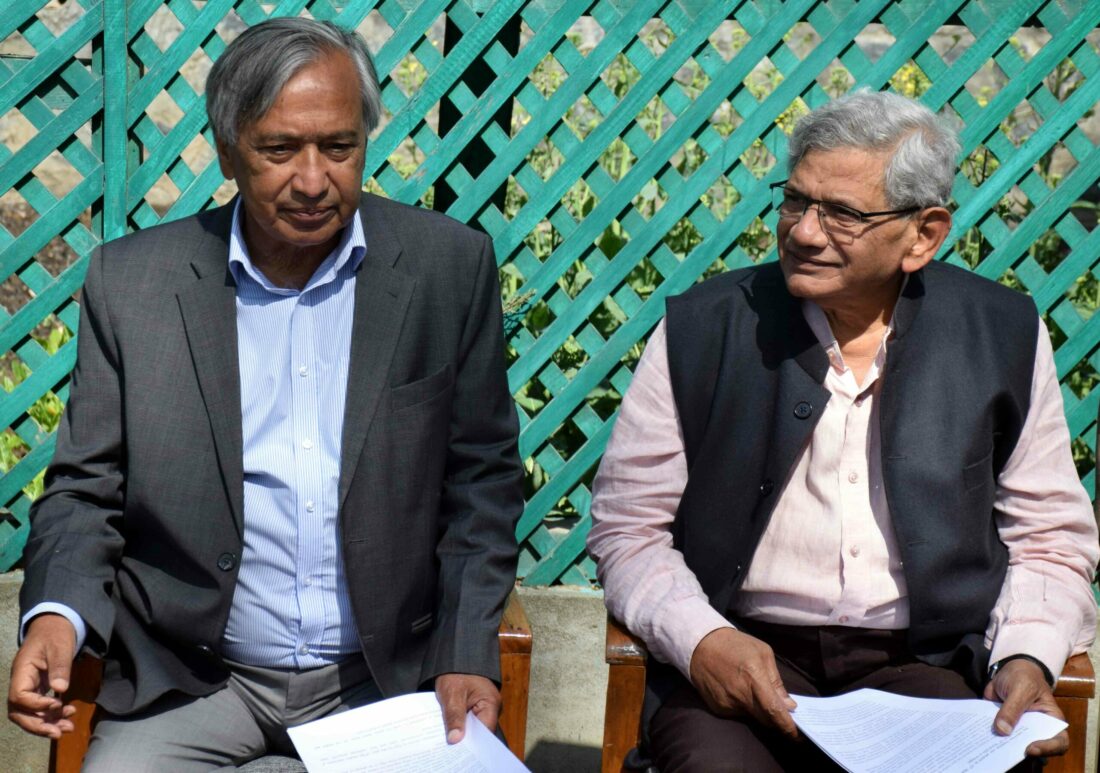
All this is recorded in the Court’s order dated 16 September wherein the Court, while declining Tarigami any anticipatory orders with regard to his movement once he went to Srinagar, permitted him to move the Jammu and Kashmir High Court in this regard, if the situation so necessitated.
The emphasis in the case of Yechury’s challenge to the detention of Tarigami was the need for urgent medical attention for the detenue which was provided by the Court. The detention order also seemed to have worked itself out, as evident from the Court order of 16 September
Iltija Mufti
In the case filed by the daughter of Mehbooba Mufti, former CM of Jammu and Kashmir, i.e. WP (Crl.) No 250/2019, the writ petition was closed on the very first day (5 September 2019) with the following order:
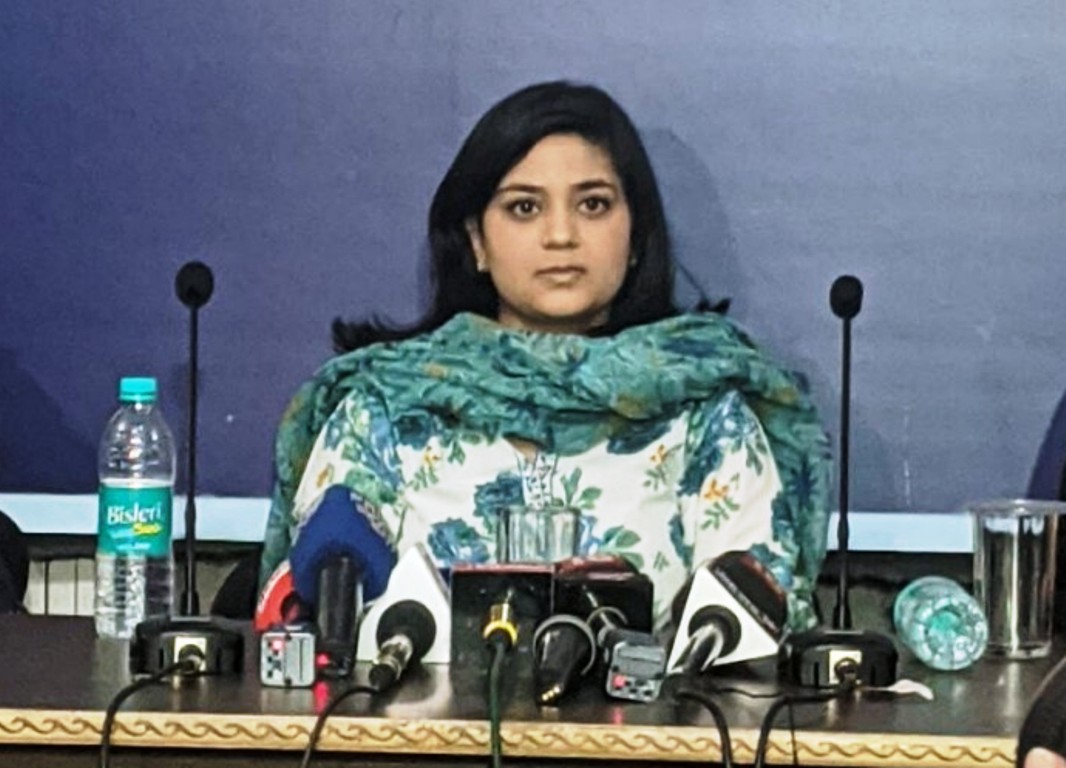
“We have heard learned counsel for the petitioner, Mr KK Venugopal, learned Attorney General for India, as also, Mr Tushar Mehta, learned Solicitor General of India. From the deliberations that have taken place, we are of the view that the State Government has not and does not intend to prevent the petitioner from coming back to Srinagar from Chennai, where she is presently staying and meeting her mother. The petitioner may accordingly return to Srinagar on a date of her choice. She would be free to meet her mother in private.
So far as moving around in other parts of Srinagar is concerned, the petitioner would be free to do so subject to requisite permission from the district authorities as and when necessary.”
With the aforesaid observations, the writ petition is disposed of. “Pending interlocutory applications, if any, shall stand disposed of.
I have reproduced the order as much has been said about my reported reaction asking why the petitioner wanted to move around freely in Srinagar since the weather there at that time of the year would be cold. I did make such a statement but it was on a lighter note. Judges need to lighten matters at times in view of the strenuous and serious nature of the work they undertake. The effective order that was passed in the matter is that the petitioner therein, Iltija, was free to move around in Srinagar subject to permission from the district authorities, if so required. Slight deviations from the set procedure in larger public interest and in the pursuit of substantial justice would always be permissible and in fact expected, especially from the top court of the country
Azad’s Case
A prominent political leader of Jammu and Kashmir belonging to the Congress and a former CM of the state, Ghulam Nabi Azad, had also filed a writ petition before the Supreme Court i.e. WP (C) No 1164/2019. His petition was for directions to enable him to go to Kashmir and move around to find out for himself the conditions prevailing in the state.
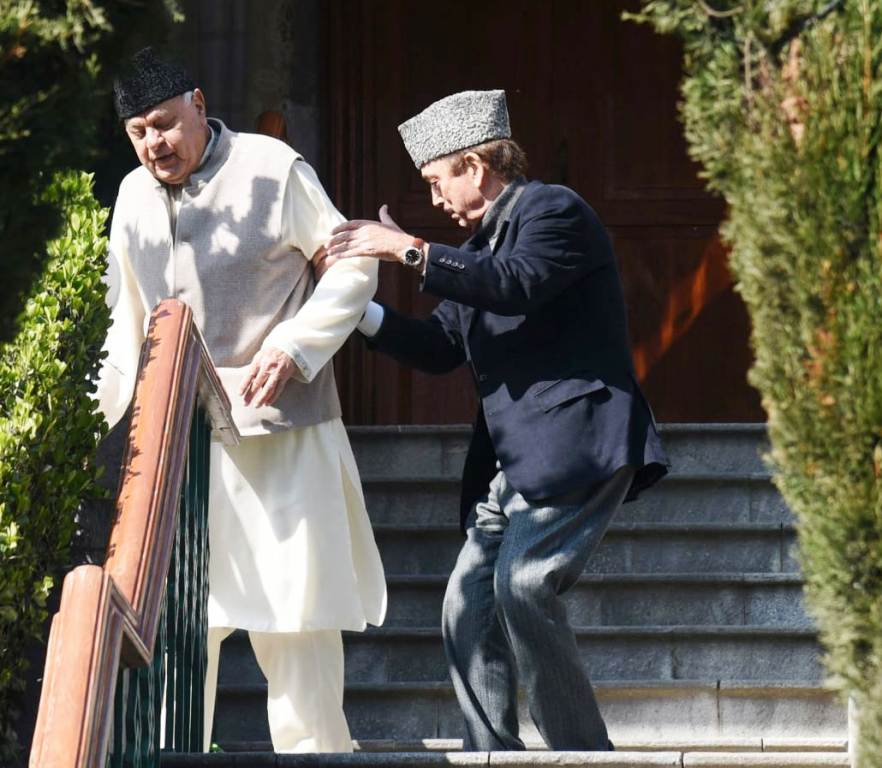
On 16 September 2019, the Bench headed by me entertained the “petition and permitted Azad to visit Jammu, Srinagar, Anantnag and Baramulla. He had undertaken before the Court that while visiting the above places, he would not indulge in any political activity. This is recorded by the Court in its order dated 16 September.
Bhasin Case
The proceedings registered and numbered as WP (C) No.1031/2019 Anuradha Bhasin vs Union of India & Ors – and WP (C) No 1166/2019 – Menakshi Ganguly & Anr. vs Union of India & Ors – pertained to protection to be afforded to juveniles, who had been detained, and for restoration of internet and 4G services in Kashmir, which had been discontinued. Both the petitions were entertained by my Bench on 10 August 2019 and 16 September 2019, respectively.
Soon after the Kashmir petitions were filed, entertained and preliminary orders were passed, I realized that it was not feasible for me to keep entertaining and hearing the Kashmir matters as I was in the midst of the Ayodhya hearing. Therefore, by an administrative order on 30 September, I assigned all the Kashmir cases to the Bench of the senior most judge available. (Justice Bobde was a part of the Ayodhya Bench.) The administrative order assigning all Kashmir cases to another Bench read:
| TABLE 3
Matter for 01.10.2019 |
||
| S No/Sec | Case No. & Title | Subject Category & Issue |
| 1 | W.P.(CRL.) No. 229/2019
Sitaram Yechury Vs. Unio n of India & Anr. |
1300: (Habeas Corpus Matters) |
| 2 | W.P.(CRL.) No. 262/2019
Asifa Mubeen Vs. State of Jammu & Kashmir & Ors. |
1300: (Habeas Corpus Matters) |
| 3 | W.P.(C) No. 1164/2019
Ghulam Nabi Azad Vs. Union of India & Anr. |
1807: (Ordinary Civil Matters-Others) |
| 4 | W.P.(C) No. 1166/2019
Enakshi Ganguly & An r. Vs. Union of India & Ors. |
0812: (Letter Petition & PIL Matters-
Others) |
| 5 | W.P.(C) No. 1188/2019
Dr Sameer Kaul & Anr. Vs. Union of India & Ors. |
0812: (Letter Petition & PIL Matters-
Others) |
| 6 | W.P.(C) No. 1031/2019
Anuradha Bhasin Vs. U nion of India & Ors. |
1807: (Ordinary Civil Matters-Others) |
“It is submitted that all the matters mentioned above have been filed after the abrogation of Article 370 of the Constitution from the State of Jammu and Kashmir. The same were listed before the Special Bench comprising Hon’ble the CJI, Hon’ble Mr Justice SA Bobde and Hon’ble Mr Justice S Abdul Nazeer today i.e. on 30.09.2019 when the Hon’ble Court directed to list the matters tomorrow i.e. 01.10.2019.
Under the circumstances, orders of Hon’ble the CJI are solicited as to whether:
“(A) Special Bench comprising of Your Lordship, Hon’ble Mr Justice SA Bobde and Hon’ble Mr Justice S Abdul Nazeer may be constituted tomorrow i.e. on 01.10.2019 (Tuesday) at 10:30 A.M. for listing the instant matters and the same may accordingly be listed through the Supplementary List.
or
(B) Your Lordship may like to grant fresh coram for listing the instant matters and the same may accordingly be listed before the Bench so nominated on 01.10.2019 (Tuesday) through the Supplementary List.
or
any other directions as may be given by Your Lordship.
Sd/- Addl. Registrar (DeU) 30.09.2019
Ld. Registrar (J-I/J-II)
Hon’ble the Chief Justice of India
Alternate Bench headed by Justice xxx Sd/-
30/9”
The aforesaid administrative order is self-evident and would also enlighten persons who are often told that the business of the Supreme Court is always shrouded in secrecy and mystery. It is not so in reality. There is complete in-house transparency which for good and adequate reasons is not put in the public domain.
The Ayodhya Haering
My statement in court on 30 September that I did not have time to hear the Kashmir cases was correct. I was in the midst of the Ayodhya hearing. What would have been the credibility of the Supreme Court as an institution if the Ayodhya matter was to remain inconclusive on the date of my retirement? I did make such a statement but as the administrative order extracted in the previous page shows, all the Kashmir matters were assigned to another Bench and were to be listed on the very next day.
However, what was thrown into focus was that the CJI had no time for the Kashmir matters. What was deliberately and selectively omitted was that all the Kashmir matters were assigned to the Bench of the senior most judge available on that day itself and were to come up before that Bench on 1 October 2019. There has to be a limit to misinformation. It can be destructive and, at times, have disastrous consequences.
If a person is to be faulted and belittled, come what may, reasons cease to be relevant. It is the ferocity and viciousness of the attack that replace logic and reason. Holders of existence in such attacks. Yet, at the right time and opportunity, a little retort is in order not for any other reason but just to put things in proper perspective. This is how I would like to be understood.”
Excerpted from Justice For The Judge: An Autobiography by Ranjan Gogoi. The book was published by Rupa in 2021.



